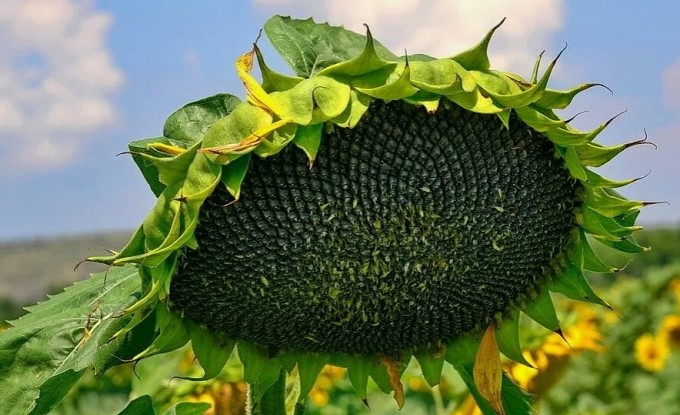
The Ministry of Finance of the Republic of Kazakhstan voiced its proposals to introduce export duties on a number of raw materials at the end of July. In order to fill the country's budget, it was proposed to impose this fee of $50 per ton on agricultural raw materials, including a wide range of grain crops - wheat, rye, barley, oats, corn, rice, grain sorghum, buckwheat, millet, soybeans.
Falling prices
Recall that today the only type of agricultural raw materials whose export is associated with the payment of a duty are sunflower seeds. The duty was introduced at the beginning of 2023 at a rate of 20% of the price, but not less than 100 euros per ton.
Sunflower producers and traders have repeatedly criticized both the government's decision to introduce a duty (to support oil producers) and its size. After all, its introduction led to a fall in sunflower prices on the domestic market and a decrease in production profitability. The business community suggested, if not to cancel the duty completely, then at least to adjust its size.
The fact is that at the time of introducing the rate of 100 euros, the price of a ton of sunflower seeds was 240 thousand tenge. At the then euro exchange rate, 20% was exactly 100 euros.
At the moment, a ton of sunflower seeds costs 150 thousand tenge, and the euro exchange rate has increased. Thus, now 20% of the cost of a seed is approximately 55 euros.
Ambiguous situation
Industry associations of Kazakhstani farmers have repeatedly appealed to the government with a request to reconsider the amount of the duty, but these appeals were ineffective.
Support came from where no one expected it: the Ministry of Finance of the Republic of Kazakhstan in its proposal to introduce duties also mentioned oil crops. The list includes not only sunflower, but also flax and rapeseed. The proposed export duty rate for all types of oilseeds is $50 per ton.
Of course, the country's farmers have mixed feelings about this proposal. On the one hand, reducing the rate for sunflower is a benefit for the industry. On the other hand, no one sees anything good in including flax and rapeseed in the list of products subject to export duty.
At the moment, the discussion of the validity of introducing duties on the export of agricultural raw materials continues in the government, industry associations are trying to convey to government agencies all the risks of such a decision. And if for wheat the government seems to be inclined to believe that administrative restrictions on export will lead to problems in the economy (as Deputy Prime Minister Serik Zhumangarin wrote), then for oilseeds there is a chance that the proposal of the Ministry of Finance of the Republic of Kazakhstan will be accepted, with the inclusion of flax and rapeseed in the list.
Then the reduction in the size of the duty on sunflower will be a spoonful of honey in a barrel of tar.
The final decision on export duties will be made after it is submitted for discussion to the government’s interdepartmental commission with the participation of the business community.